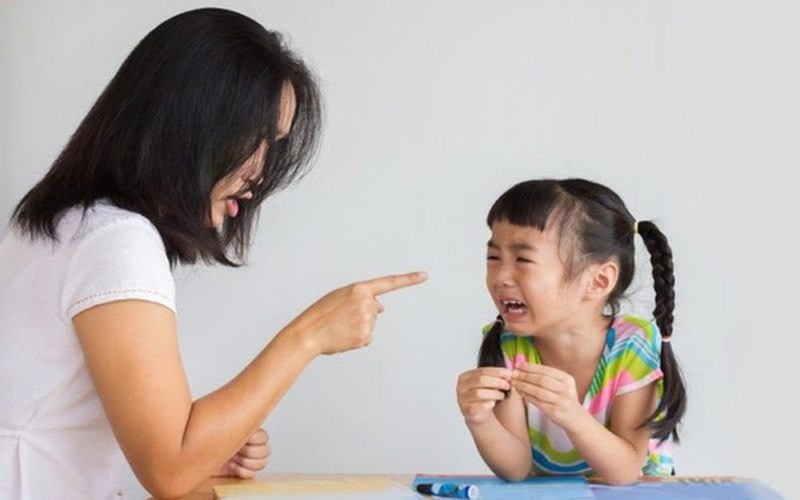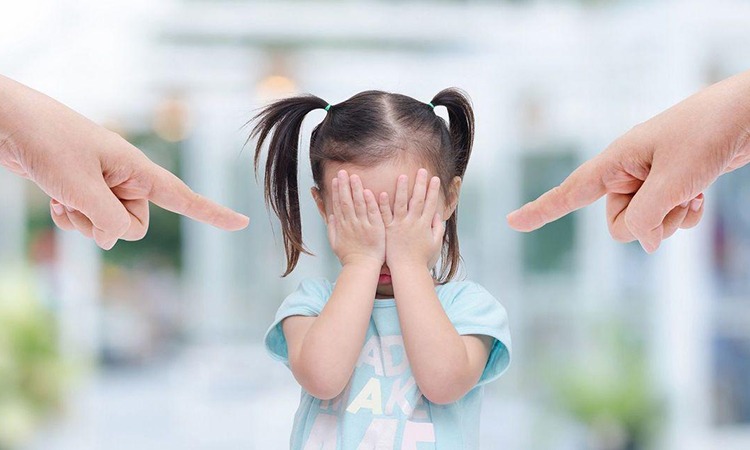Overbearing Parents, Unrealistic Expectations
Parents place too many expectations on their children, always wanting them to excel in every aspect, from academics to extracurricular activities.
This action not only creates unnecessary pressure but also makes children feel tired, lose interest, and become bored with life. Unable to meet their parents’ expectations, children may feel insecure, disappointed, and easily fall into a state of depression.

Angry Outbursts from Parents
Some parents tend to vent their anger and negative emotions onto their children, seeing them as a stress reliever. Children in these families often have to bear and accept worries and conflicts that are not their own.
This behavior not only affects the overall development of children but also makes them feel lonely, abandoned, and prone to psychological issues, including depression.
Parents Always See Children as Vulnerable
Some parents always see their children as vulnerable objects that need to be protected and closely monitored. They do not allow their children to experience and learn from mistakes, thus developing problem-solving skills.
When always being sheltered and not given the opportunity to be independent, children will lack confidence, fear the challenges of life, and easily feel stuck, leading to a state of depression.

To avoid raising children in an environment that can lead to depression, parents need to be aware of the importance of building a healthy family environment where children can feel loved, respected, and encouraged.
They need to learn to listen to and understand their children, along with encouraging positive development to build a generation of emotionally healthy children who are ready to face and overcome life’s challenges.
Learning Tips for Parents: 12 Japanese Techniques to Use with Your Children
Discover the 12 principles of teaching children in the traditional Japanese way that parents can learn with Dien May XANH! By instilling these principles when your children are young, you can ensure that they grow up to be obedient, smart and polite, the hallmarks of a successful education in Japan.





































